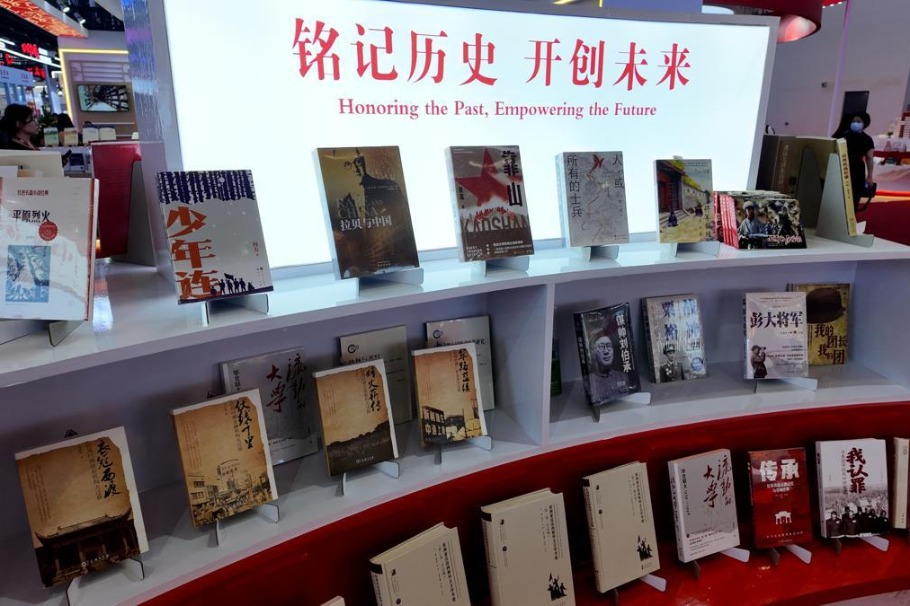WHO China launches smoke-free campaign targeting youth

BEIJING - The World Health Organization (WHO) started a "smoke-free generation" media campaign in Beijing Thursday targeting young Chinese.
China is in the grip of a national tobacco epidemic, and children are most susceptible with cigarettes portrayed as fashionable and alluring in popular culture, said Bernhard Schwartlander, WHO Representative in China at the launch event.
According to WHO, over half of Chinese adult men smoke, two thirds of whom started as young adults. By 2014, 72.9 percent Chinese students had been exposed to secondhand smoke.
"There is nothing cool about smoking, but there is something empowering about choosing to live a healthy, smoke-free life," said Schwartlander.
Since China ratified the WHO Framework Convention on Tobacco Control in 2005, the country has made a number of tobacco control efforts, including banning tobacco advertisements, increasing tobacco taxes and putting forward regional smoking bans.
As of 2016, 18 cities, including Beijing, Shanghai and Shenzhen, had implemented regional smoking bans.
China has set a target to reduce the smoking rate among people aged 15 and older to 20 percent by 2030 from the current 27.7 percent, according to the "Healthy China 2030" blueprint issued by the central authorities last October.
- What methods have the Chinese developed to combat desertification?
- Shanghai to launch Easy Go to enhance visitors' experience
- A journey to promote cross-cultural bonds in Wuxi
- US students explore Jinhua in Zhejiang
- Beijing's Xicheng district opens a new overseas investment and liaison office in Paris
- China accuses Philippines of illegal South China Sea incursion





































